
A patient passed away after a nursing intern accidentally injected milk coffee into their vein.
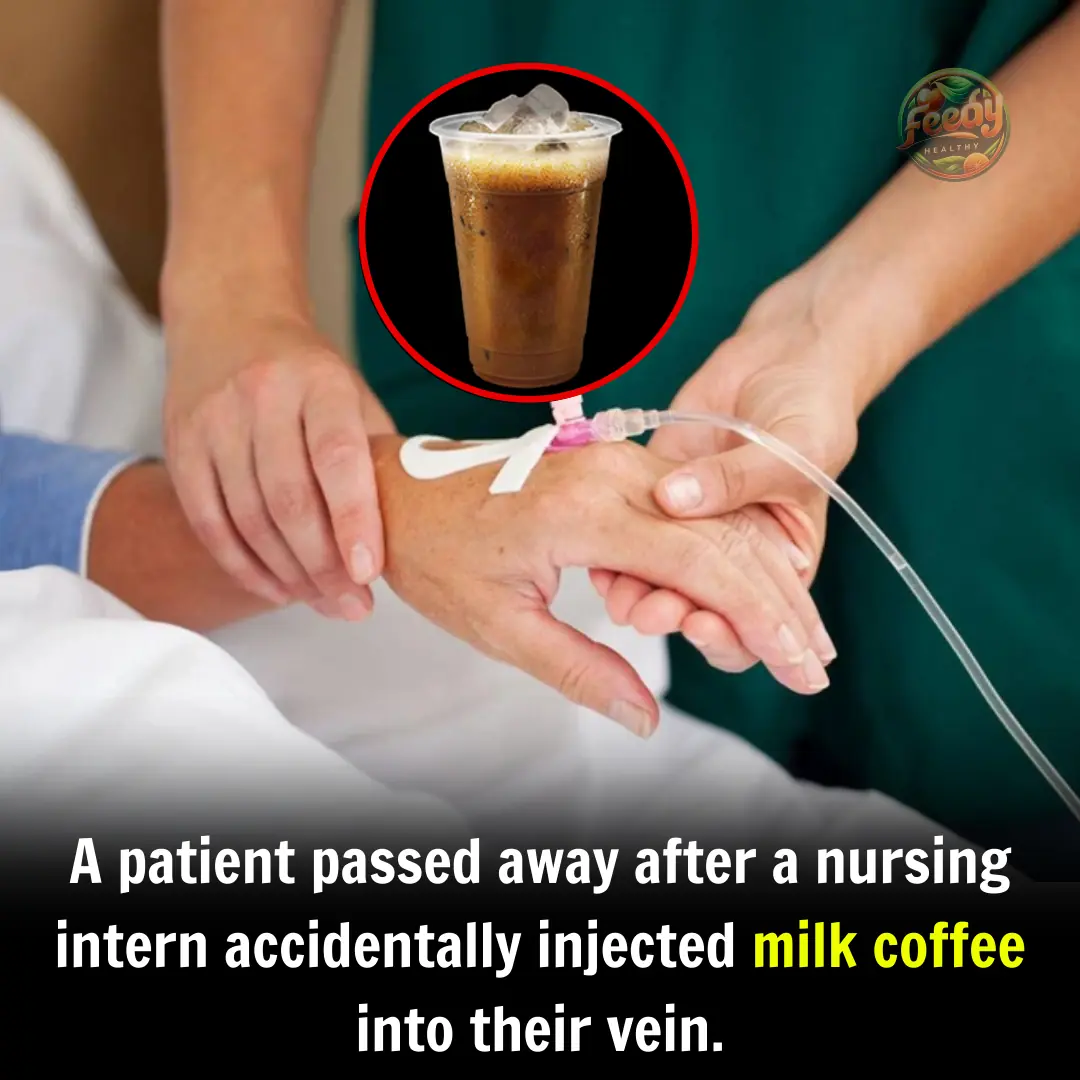
The tragic incident occurred at São João de Meriti Hospital in Rio de Janeiro, Brazil. Specifically, 80-year-old Palmerina Pires Ribeiro passed away after a nursing intern mistakenly injected milk coffee into her vein instead of administering a blood transfusion as prescribed by the doctor.
The nurse, Rejane Moreira Telles, was only 23 years old and had just three days of working experience at the hospital when the mistake happened. Less than an hour after the injection, Mrs. Ribeiro was pronounced dead.
The nurse had mistaken the milk coffee for blood, leading to the heartbreaking outcome.
Image for illustration: Getty Images
According to Mrs. Ribeiro’s daughter, she witnessed the entire event. “I saw my mother become agitated and gasp as the young nurse injected half a cup of milk coffee into her vein,” she recalled.
Dr. Armando Carreir, a nutrition specialist at the Federal Fluminense University affiliated with Antonio Pedro Hospital, explained that when coffee is injected into the bloodstream, it travels directly to the heart and lungs, causing respiratory failure, which led to the patient's death.
When asked about the serious mistake, Nurse Telles gave a televised interview on Brazil’s Globo's Fantastico TV that sparked public outrage.
“Anyone would be confused seeing milk coffee and blood placed next to each other. I was never trained for a situation like that,” she said.
Following the incident, Telles, along with two other nurses and a student, was prosecuted for manslaughter.
In the medical field, even minor mistakes can result in severe consequences, sometimes endangering patients' lives. What’s even more alarming is when such tragedies stem not from unavoidable circumstances but from negligence, inexperience, or lack of competence among medical staff.
Cases like wrong-site surgeries, incorrect prescriptions, misdiagnoses, or surgical tools left inside a patient's body not only harm health but become haunting fears for many.
These mistakes cannot be brushed off as mere “professional accidents.” In many instances, they are the result of carelessness, irresponsibility, or a lack of professional ethics. Patients place their full trust—and lives—in the hands of doctors, but sometimes, the very people meant to protect them become the cause of tragedy.
To minimize such errors, it's essential not only to improve the medical team’s expertise but also to ensure strict supervision and transparency throughout the treatment process. More importantly, professional ethics must be held to the highest standard—because medicine is not only a science but a mission to protect human life across the globe.
News in the same category

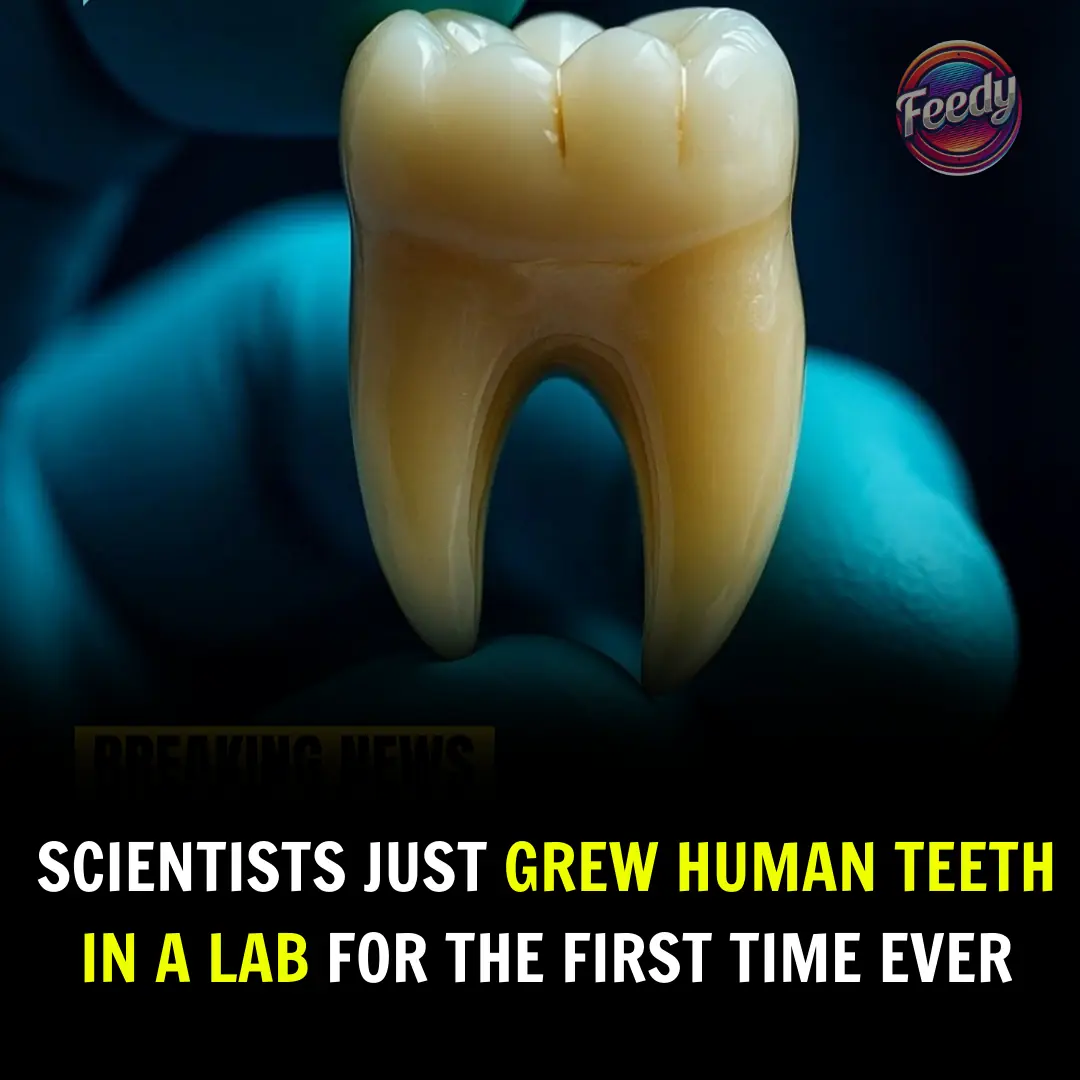
Scientists Grow First Fully Formed Tooth In Lab — A Groundbreaking Breakthrough

The Hidden Meaning Behind Wearing an Ankle Bracelet—Most People Have No Idea

Disturbing Post Surfaces From FSU Shooter Just Before Campus Tragedy

Photographer of tragic little girl trapped in volcanic mudflow explains why he didn’t help her
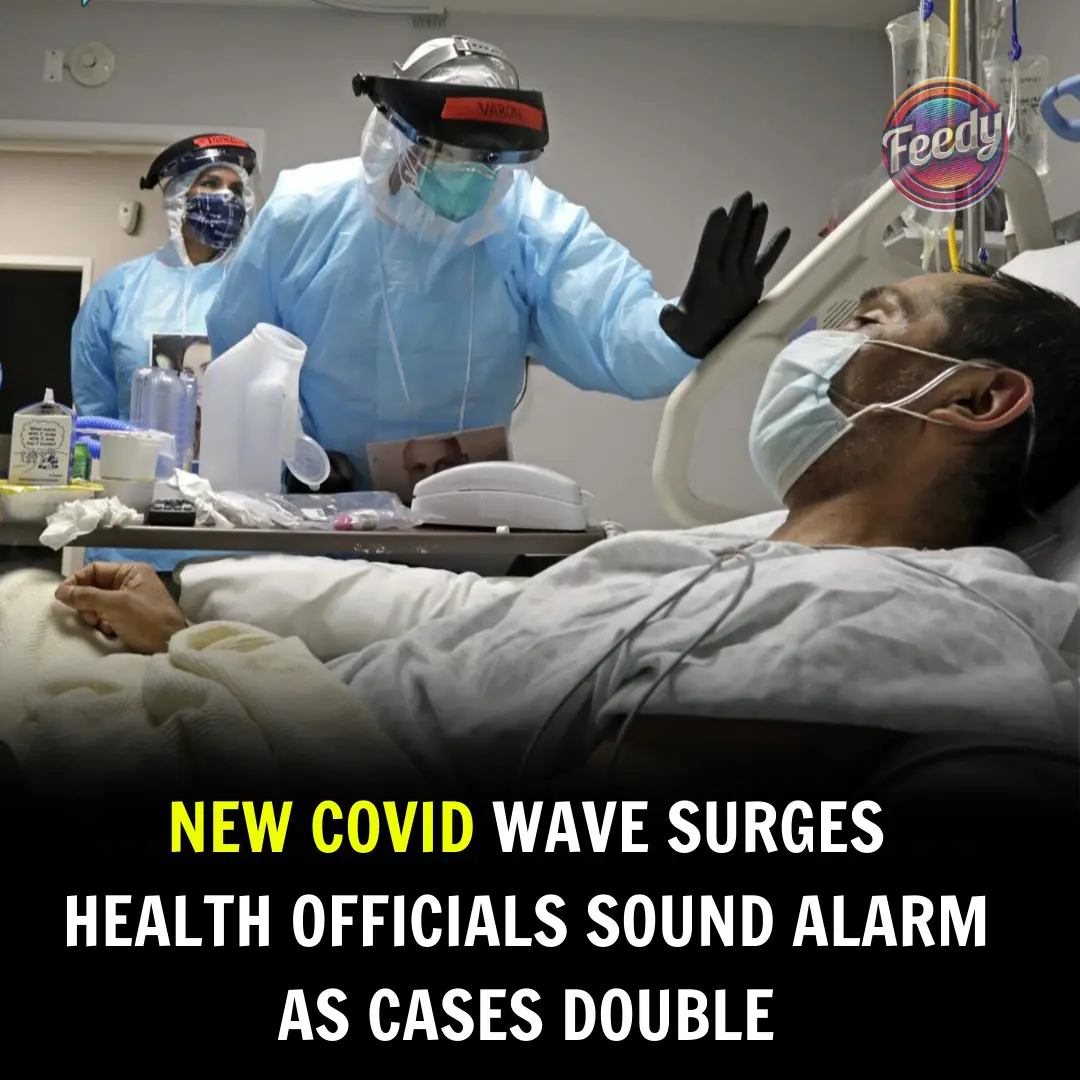
New COVID Wave Surges — Health Officials Sound Alarm As Cases Double

It is with heavy hearts that we announce the passing of this legendary actor

Amber Heard’s Face Is The ‘Most Beautiful In The World,’ According To Scientists

Jin of BTS is going on a solo tour!

Optical illusion reveals whether you’re an introvert or extrovert

The IT boss, his wife, and their three kids were identified as the victims of the New York helicopter tragedy

UK: A penniless father of 3 commits suicide while waiting for welfare payments

NASA’s Mars Rover Uncovers Mysterious Spheres On The Planet’s Surface, Leaving Experts Baffled

Philippine Film Icon Nora Aunor Passes Away at 71

Edward Mordake: The Man with Two Faces and the Tragic Legend…

People Freaked Out After Spotting Creepy Hidden Face in Group Photo

California Authorities Identify Human Remains As A 13-Year-Old Girl Who Vanished 50 Years Ago

Stephen Hawking said he had a simple answer when asked whether he believed in god
News Post

This is my preferred way

Julia Roberts Gave Birth to Twins at 37 — Pics of Her ‘Beautiful’ Teens Who Look like Her Husband

ABC Cubes For Flawless Skin

Scientists Grow First Fully Formed Tooth In Lab — A Groundbreaking Breakthrough

Fermented Rice Water & Cloves Scalp Treatment

Top 10 Hydrating Serums for Dry Skin Trusted by Experts and Beauty Enthusiasts

Amazing uses of vaseline for skin

Unlock the Power of Vaseline: 16 Beauty Benefits & Smart Precautions
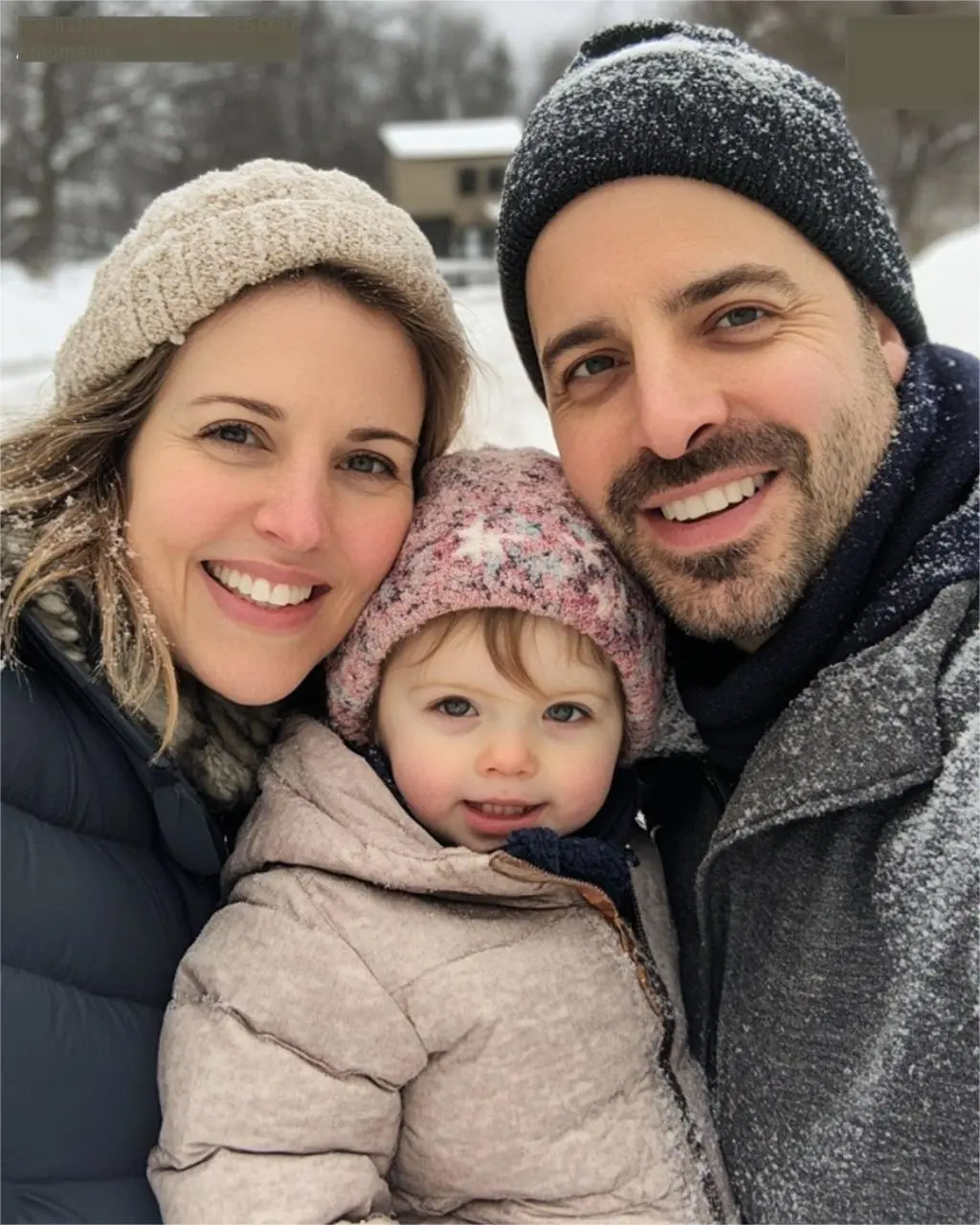
WE SENT MONEY FOR OUR SON TO PAY FOR COLLEGE – ONE DAY, WE DISCOVERED HE WASN’T EVEN ENROLLED AND WAS LIVING IN AN OLD TRAILER.

5 Baking Soda Uses for Face & Skin – Natural Beauty Secrets You Shouldn’t Miss

20 Great Uses of Vaseline Which You Probably Don’t Know

Unlock the power of Vaseline & Lemon

✨ Castor Oil Home Remedies: Unlock the Power of Nature for Your Beauty Routine ✨
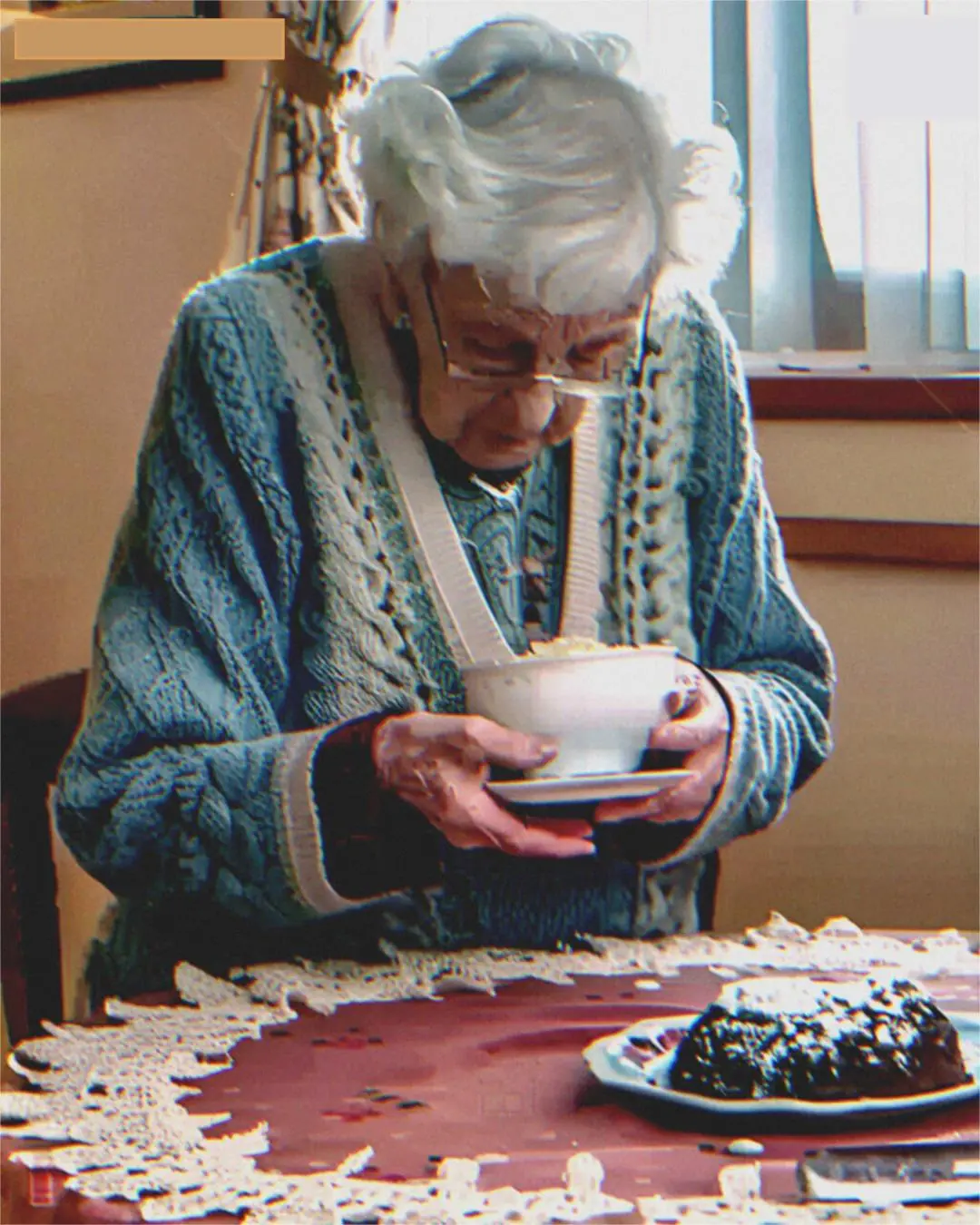
I WAS THE ONLY ONE WHO ATTENDED MY GRANDMOTHER’S BIRTHDAY LUNCH – AFTER SEEING HER TEARS, I DECIDED TO TEACH MY FAMILY A LESSON

The Best Ways to Use Vaseline: A Complete Guide for Beauty & Skincare

Rub This Slice On Face To Get Spotless Skin

My Husband’s Cousin Came to Stay with Us Temporarily with Her Son – If Only I Had Known It Was All a Trap.
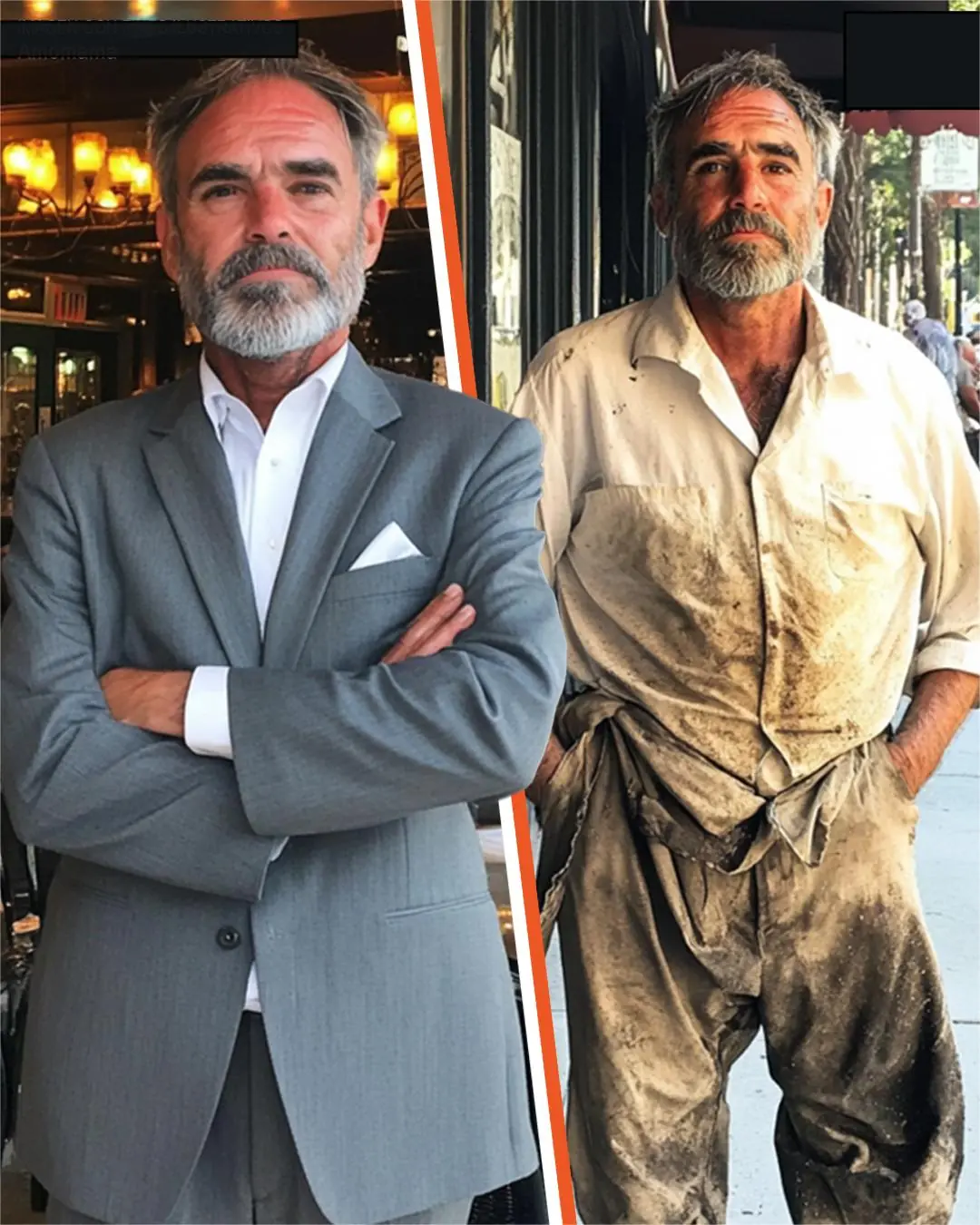
Restaurant Owner Disguises Himself as a Homeless Man to Choose His Heir.
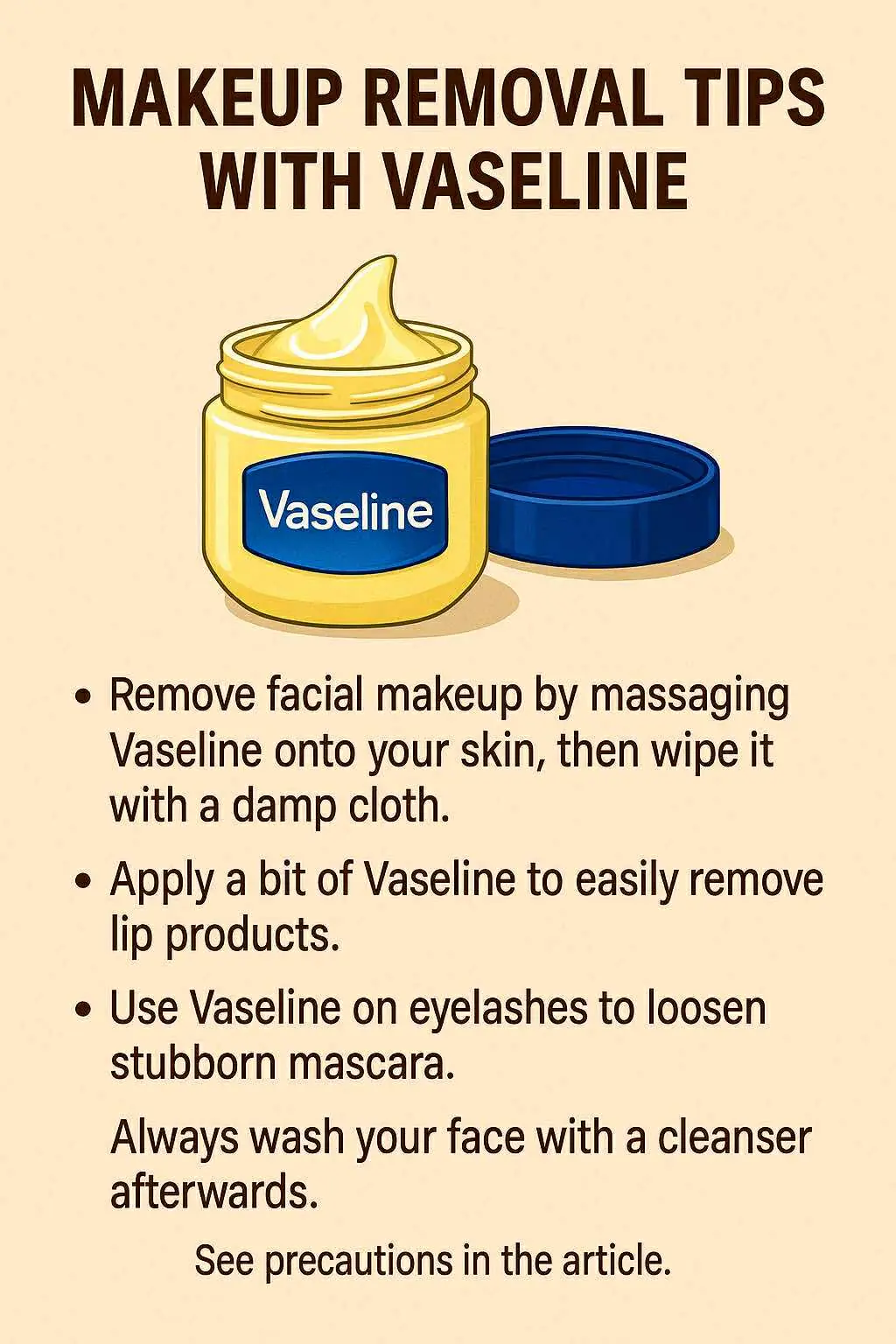
Vaseline Makeup Removal Tips Not Everyone Knows
